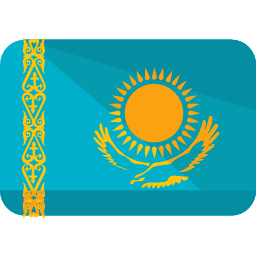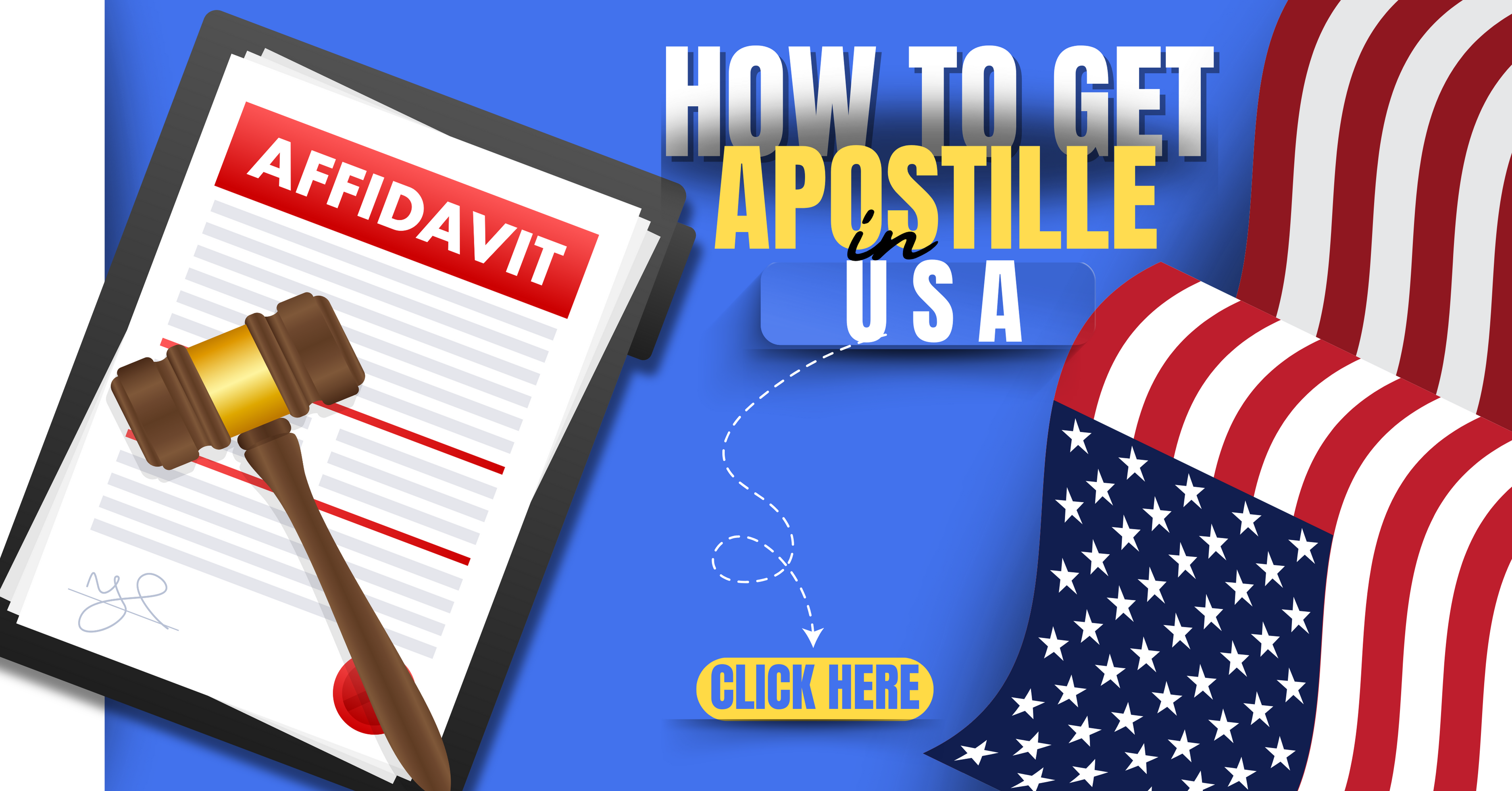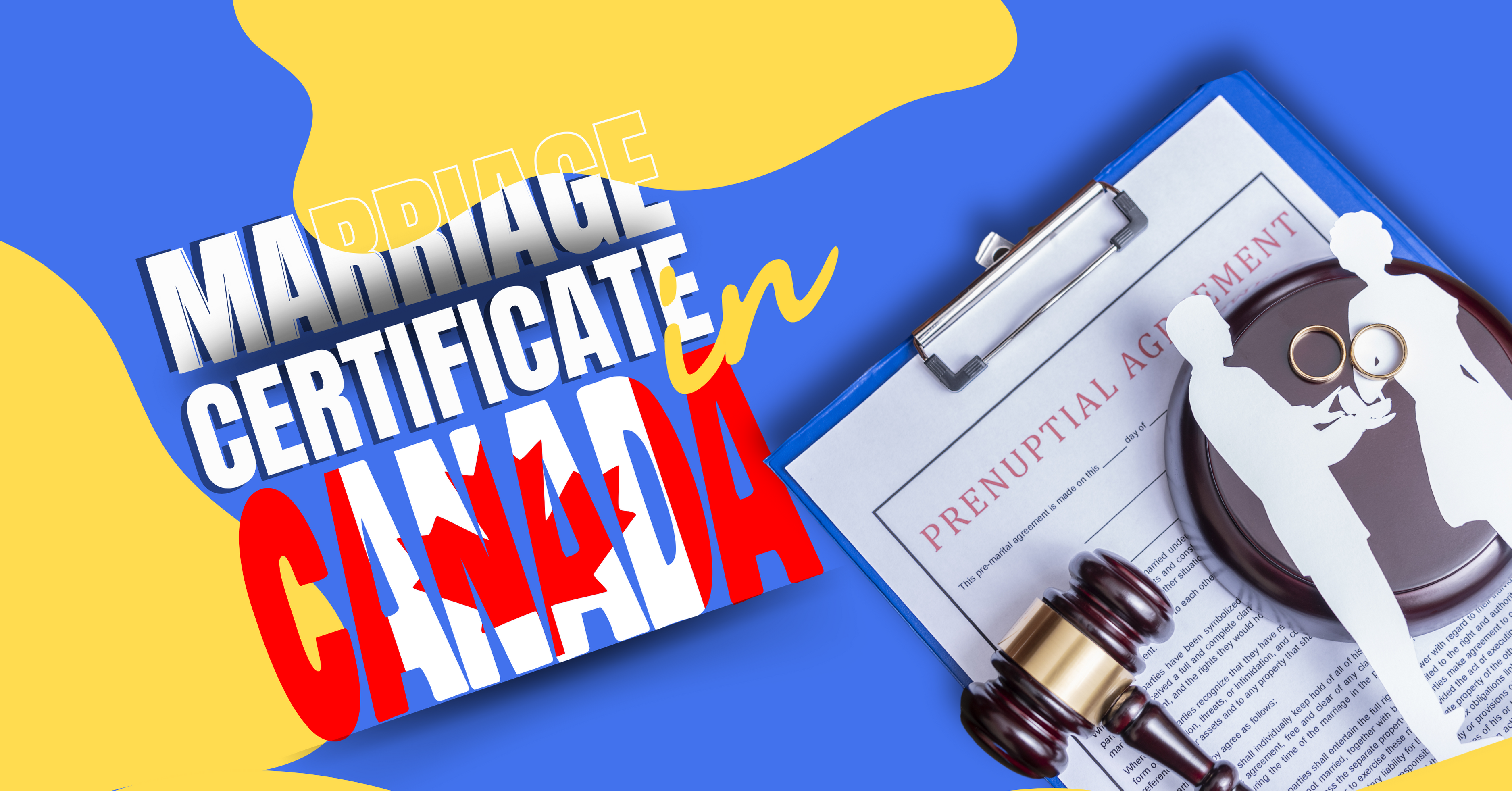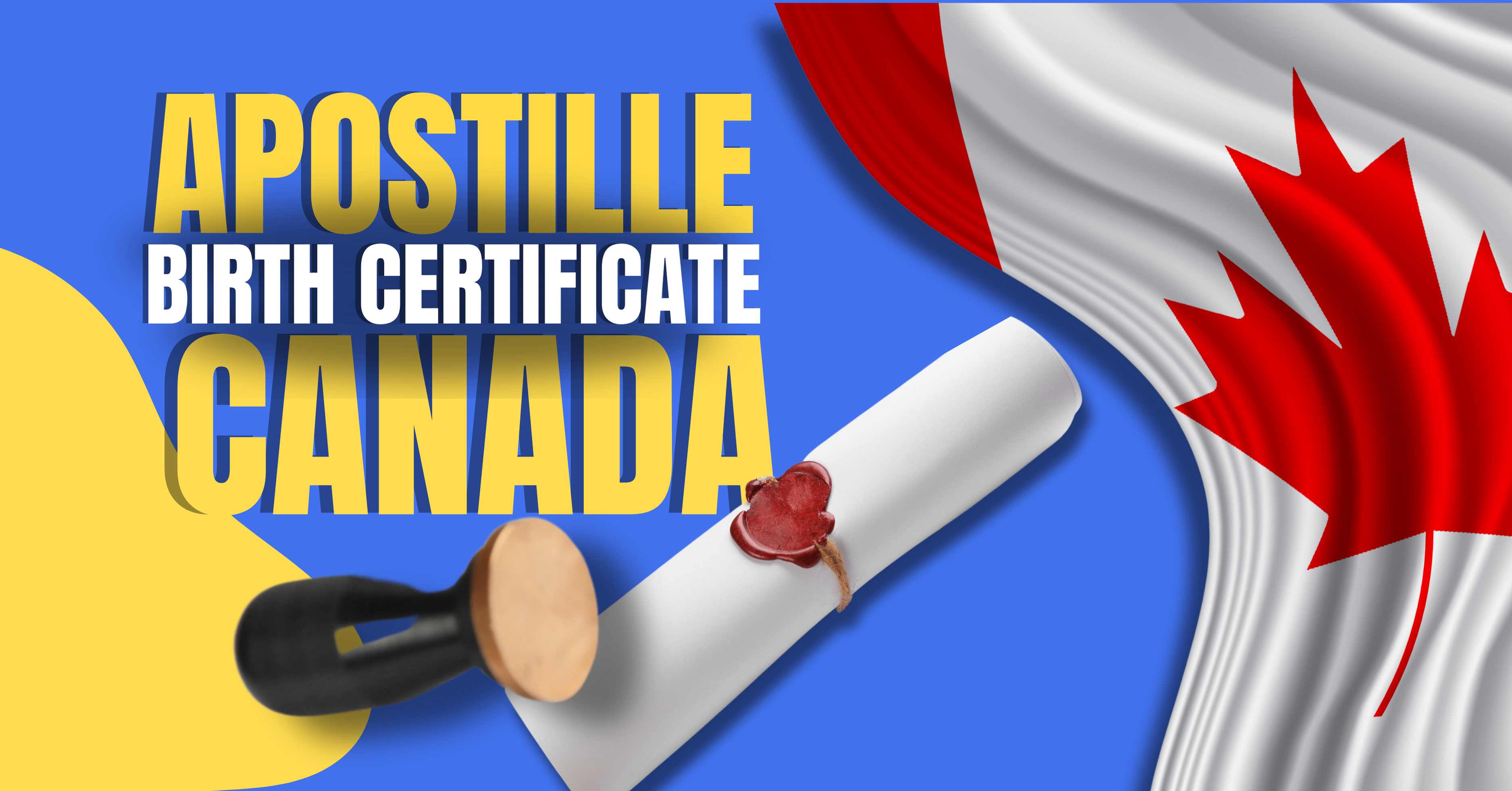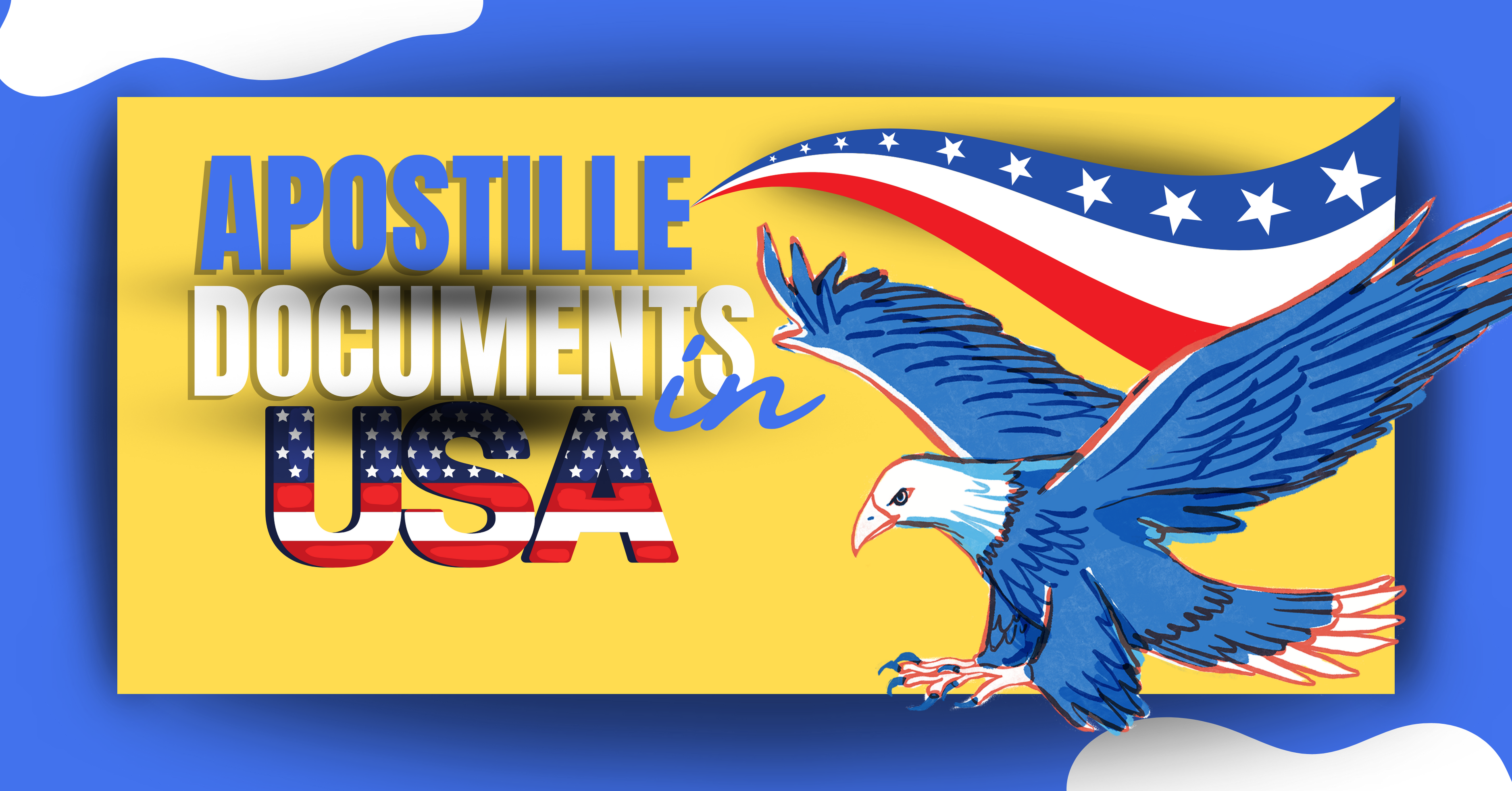In an increasingly globalized world, the need for notarized documents that are internationally recognized has become essential. One such recognition is the apostille, a certificate that validates the authenticity of a document for use abroad. Whether you’re planning to study overseas, work in a foreign country, or engage in international business, understanding how to obtain a notary apostille is crucial.
Understanding the Apostille
What is an Apostille?
An apostille is a certificate that verifies the authenticity of a document for use in foreign countries. It is issued by a competent authority and ensures that the document is legally recognized and valid in the destination country. Essentially, it simplifies the process of verifying documents internationally.
When Do You Need an Apostille?
You may require an apostille for various reasons, including but not limited to:
- Studying abroad
- Working overseas
- Getting married in another country
- Conducting business internationally
Understanding when you need an apostille is the first step in the process.
Gather Your Documents
Identify the Documents Requiring Apostille
Different documents may need apostille, such as birth certificates, marriage licenses, diplomas, and legal agreements. Make a list of the documents you require and confirm their eligibility for apostille.
Ensure Document Accuracy and Completeness
Before proceeding, double-check that all the information on your documents is accurate and complete. Errors or missing information can lead to delays in the apostille process.
Find a Notary Public
Locating a Qualified Notary Public
To start the process, you’ll need to find a reputable notary public. Look for one who is authorized to perform notarial acts in your state.
Notarize Your Documents
Schedule an appointment with the notary public and have your documents notarized. Ensure they are signed and stamped correctly.
State Authentication
Determine the Relevant Authorities
Research the specific state authorities responsible for document authentication. It may vary from state to state.
Submit Your Documents for State Authentication
Send your notarized documents to the appropriate state authority for authentication. Pay any required fees and include a cover letter with your contact information.
U.S. Department of State Apostille
Prepare Your Documents for Federal Apostille
Once state authentication is complete, prepare your documents for federal apostille by the U.S. Department of State. This step is necessary for documents intended for use abroad.
Submit to the U.S. Department of State
Submit your documents to the U.S. Department of State’s Office of Authentications, either in person or by mail, along with the required fees.
Embassy or Consulate Legalization
Identify the Receiving Country’s Requirements
Research the specific requirements of the country where you intend to use the documents. Some countries may require additional steps or specific forms.
Visit the Appropriate Embassy or Consulate
Take your apostilled documents to the embassy or consulate of the destination country for further legalization, if required. Be prepared to pay additional fees.
Receive Your Apostilled Documents
Verify the Apostille Certificate
Once you’ve completed all necessary steps, carefully review the apostille certificate for accuracy. Any mistakes should be corrected promptly.
Keep Copies for Your Records
Make copies of all your apostilled documents and keep them in a safe place. These documents are valuable and should be protected.
Conclusion
Obtaining a notary apostille may seem like a complex process, but with careful planning and attention to detail, it can be achieved efficiently. This certificate ensures that your documents are recognized and valid in foreign countries, opening up a world of opportunities for you.
Frequently Asked Questions
1 What is the cost of obtaining an apostille?
The cost of obtaining an apostille varies depending on the state, the type of document, and the processing options. Fees can range from $20 to $100 or more.
2 How long does the apostille process take?
The processing time for an apostille can vary from a few days to several weeks, depending on the state and federal agencies involved. It’s essential to plan and account for processing times.
3 Can I apostille personal documents like birth certificates?
Yes, personal documents like birth certificates, marriage licenses, and academic diplomas can be apostilled if they meet the eligibility criteria.
4 Are there countries that don’t accept apostilles?
While the apostille is widely accepted under the Hague Convention, some countries may have specific requirements or not accept apostille for certain types of documents. Always check with the destination country’s authorities.
5 Is it possible to obtain an apostille for digital documents?
Apostilles are typically issued for physical documents with original signatures and seals. Digital documents may require different forms of authentication, depending on the country’s regulations.





















